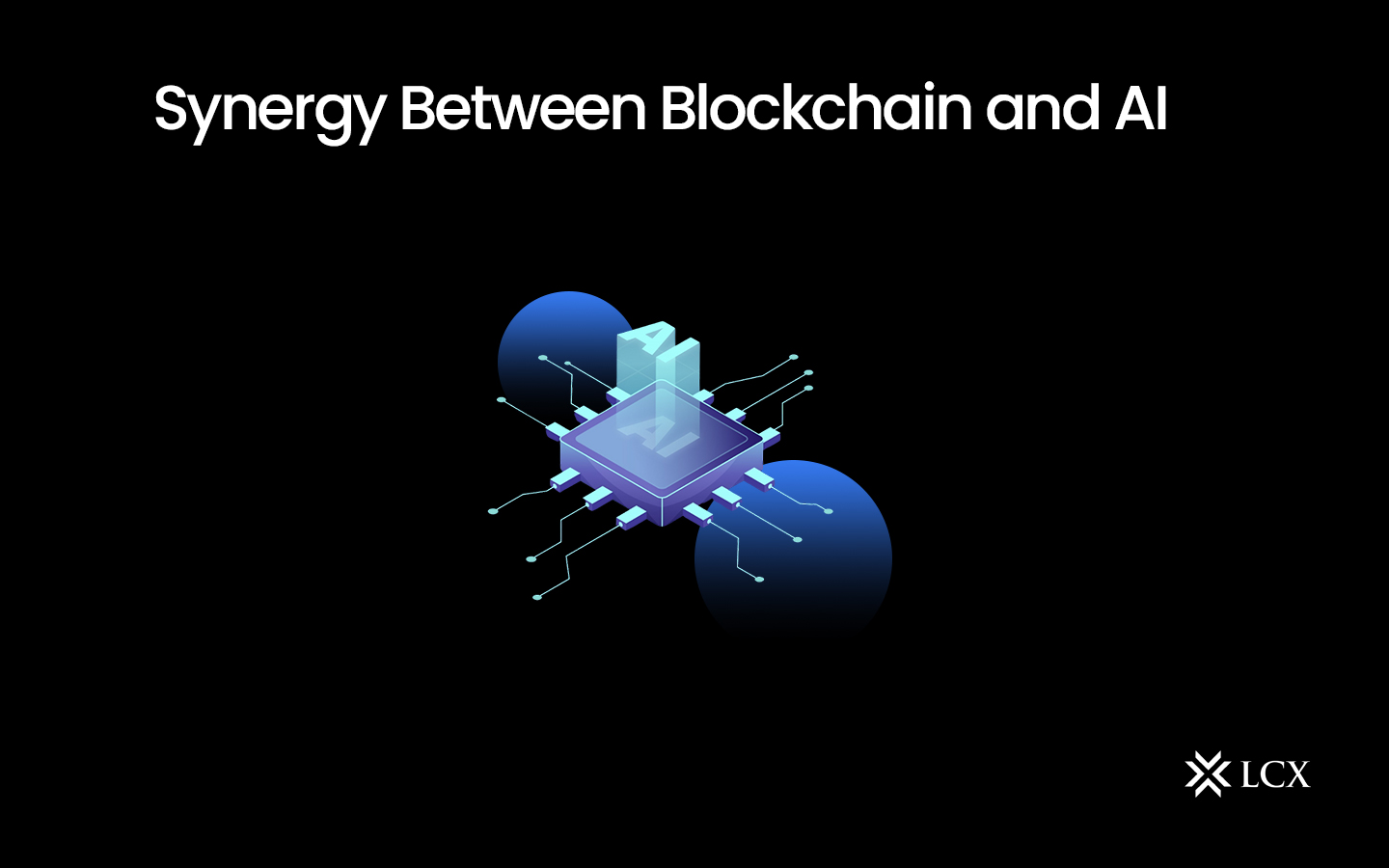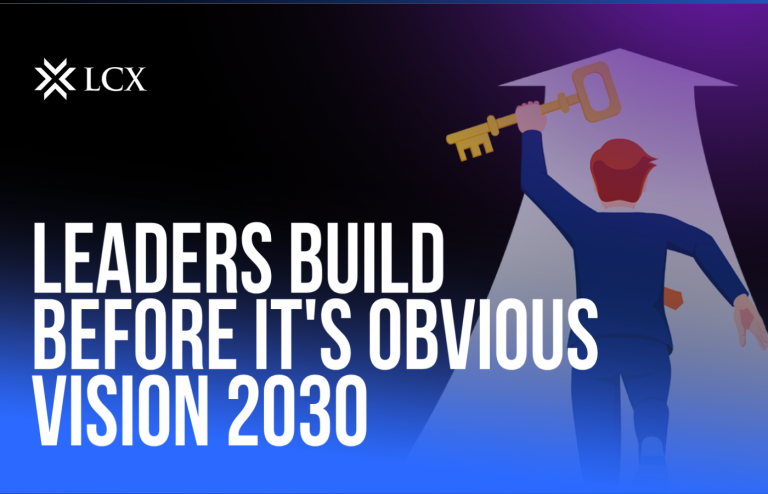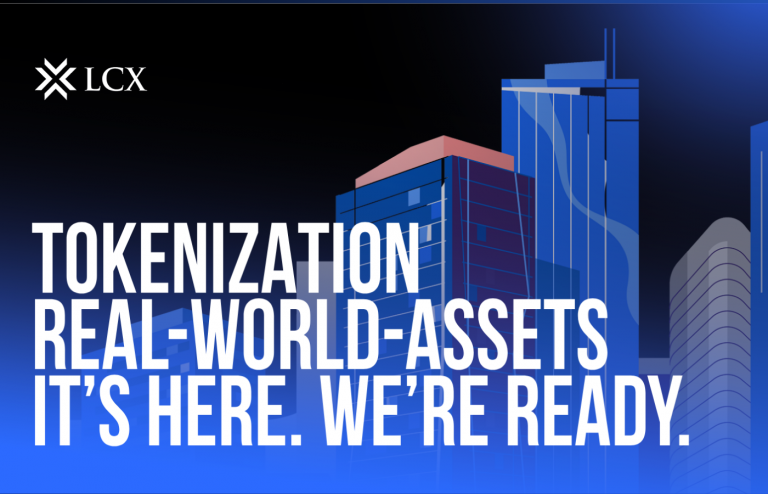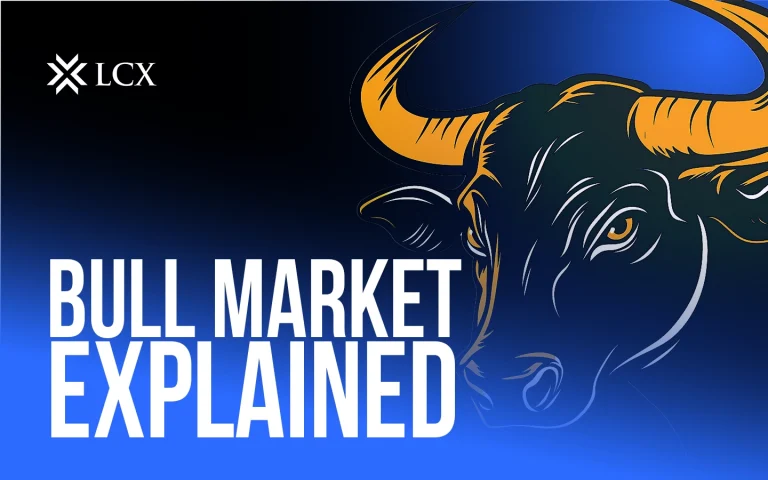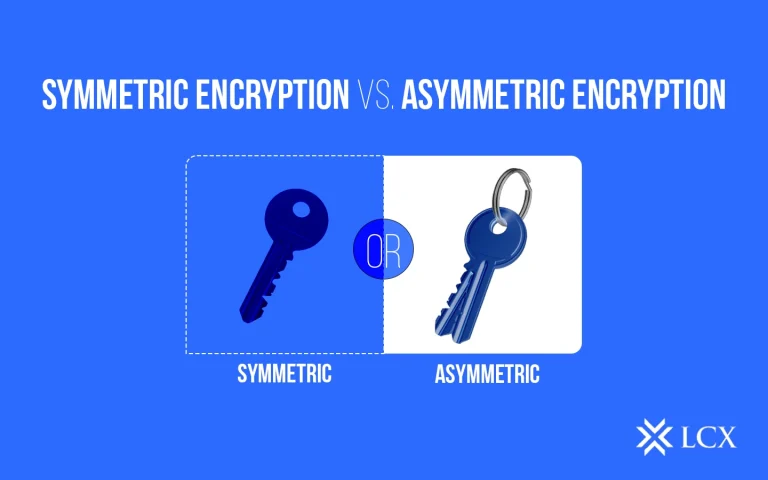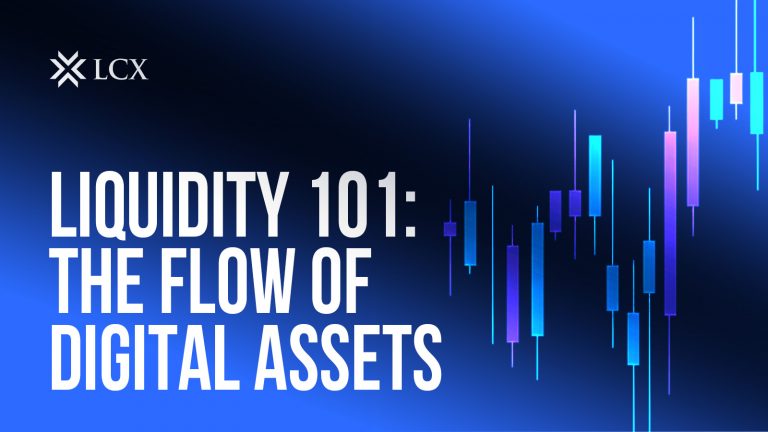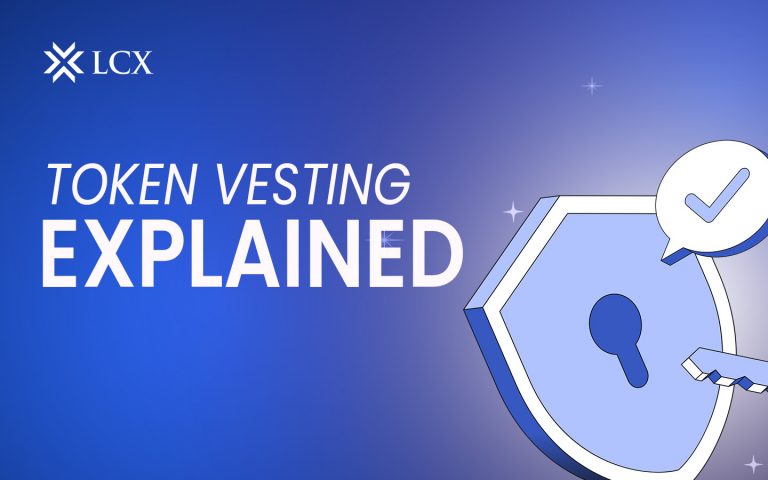Introduction
In the realm of technology, two revolutionary innovations have been reshaping industries across the globe: blockchain and artificial intelligence (AI). Individually, they have been heralded as game-changers, but when combined, they create a powerful synergy that unlocks new possibilities. One such manifestation of this synergy is the Blockchain and AI Bond, a novel concept that has the potential to revolutionize multiple sectors.
The Essence of Blockchain and AI Bond
The dynamic and synergistic relationship between blockchain and artificial intelligence (AI) has the potential to revolutionize a variety of industries. Due to its decentralized and transparent nature, blockchain technology can mitigate a number of AI-related problems, including data privacy, security, and trust.
One of the primary benefits of the technology for AI is in the area of data sharing and confidentiality. Massive data sets are required for AI systems, but data sharing is occasionally constrained by privacy concerns. Without relying on a centralized authority, its decentralized architecture can enable secure data collaboration and sharing among multiple parties. It promotes trust and encourages data exchange while allowing individuals to retain control over their data and granting AI algorithms only the required access.
Moreover, the immutability and tamper-resistant nature of the technology enhances the dependability of AI systems. Its transparency can provide a verifiable audit trail, ensuring that AI training data is authentic and unaltered. This is particularly useful in industries where data integrity and dependability are crucial, such as healthcare and finance.
Blockchain can also enable AI models to be utilized decentralizedly, leveraging the power of distributed networks. Users can examine the performance and precision of AI models, for instance, by examining the transaction history and feedback from other users, which provides transparency and immutability. Consequently, scalability, singular points of failure, and the general efficacy and robustness of AI systems may be enhanced.
Synergies Between Blockchain and AI
Blockchain technology can enhance data integrity, enable secure data cooperation and sharing, facilitate tokenization and incentives, and support decentralized AI governance, thereby making AI systems more trustworthy and accessible.
Improved Data Accuracy
The inherent immutability and transparency of blockchain technology can enhance the data integrity of artificial intelligence systems. Blockchain technology enables artificial intelligence algorithms to access immutable and verifiable data, ensuring the accuracy and dependability of forecasts and insights. For example, supply chain management can use blockchain to monitor and record the movement of items. The data can then be analyzed by AI systems in order to identify patterns, detect anomalies, and enhance logistics procedures.
Secure Collaboration and Data Sharing
AI systems require access to diverse and massive data sets, and blockchain can provide a secure and decentralized data-sharing platform. Blockchain enables data sharing between multiple parties without relying on a single party, preserving data privacy and control. For instance, in the healthcare industry, blockchain-stored patient records can be securely shared with AI models for research or diagnosis without compromising the confidentiality of sensitive data.
Tokenization and Incentives
Blockchain technology can enable the creation of tokens or currencies that facilitate the incentives and monetization of AI environments. These tokens can be used to compensate individuals for providing computational resources, training models, or data. These incentives can encourage collaboration and participation in AI research and development.
Decentralized AI Governance
Blockchain technology can facilitate decentralized AI administration and decision-making processes. Fairness and transparency can be guaranteed through the use of smart contracts and decentralized autonomous organizations (DAOs) to ensure stakeholder participation in decision-making. This is notably useful in policy enforcement and the selection of AI models.
Future Prospects for Blockchain and AI Alliance
The relationship between blockchain and AI has tremendous future potential. As technology advances, one can anticipate further advancements in privacy-preserving machine learning algorithms, the growth of decentralized AI marketplaces, and increased accountability and transparency in AI systems.
When blockchain and AI are combined, there are also opportunities for enhanced explainability and auditability. Documenting the actions involved in AI model training and inference on the blockchain renders the decision-making process transparent and auditable. This can enhance the understanding of AI’s effects, facilitate regulatory compliance, and increase confidence in AI systems.
It is essential to recognize that there are obstacles and constraints to consider in the context of blockchain and AI. Blockchain technology is presently not scalable due to slower transaction speeds and greater energy consumption compared to conventional centralized systems. In addition, the computationally intensive nature of AI algorithms can make the deployment of these algorithms on blockchain networks challenging.
However, ongoing research and development in blockchain and AI are seeking solutions to these problems and optimizing their interaction. As technology continues to advance, one can anticipate the emergence of innovative solutions that use blockchain and AI to drive transformational change in a variety of industries.
